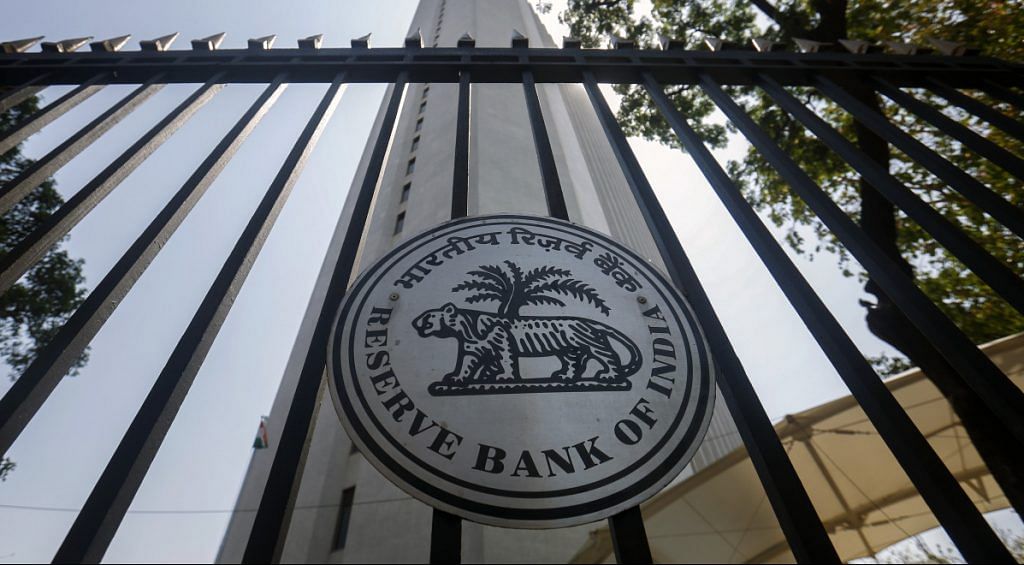India’s most trusted regulatory body, the Reserve Bank of India, has given the courts two opportunities to question its manner of taking significant decisions in the last two years.
In the last two years, the judiciary has set tough tasks for regulatory bodies – from eliminating arbitrary actions to bringing in more transparency.
The latest to land in the court’s lap is the Reserve Bank of India’s (RBI) decision to ban virtual currencies. The decision has already been challenged in multiple courts including the Supreme Court, which initially showed reluctance to stay the RBI’s decision. But now, a vacation bench is hearing the case next week.
The trend of judicial watch of regulatory bodies actually began when the Supreme Court in 2016 struck down the Telecom Regulatory Authority of India (TRAI) notification penalising telcos for call drops. Justice Rohinton Nariman had even called the regulator’s decision “unconstitutional and flawed” since the decision was not evolved through a transparent procedure.
For regulatory bodies, making reports of technical committees public, holding stakeholder consultations and making the views of stakeholders public is now pretty much the norm.
Yet, in the last two years, India’s most trusted regulatory body, the Reserve Bank of India (RBI), has given the courts two opportunities to question its manner of taking significant decisions.
In 2016, it was the demonetisation debacle. The courts asked the government and the RBI if there had been any planning ahead of the huge decision.
And now, on 6 April, the RBI barred banks and financial institutions from dealing in cryptocurrencies, and set a three-month deadline to shut operations of accounts involved in cryptocurrency trading. The move that took the markets by surprise caused a great deal of hubbub among banks as well.
RBI’s decision to ban cryptocurrencies may be well-intentioned and completely justified, but the procedure it has adopted to arrive at this decision is questionable.
Now, look at the backdrop in which RBI takes this decision.
Till it abruptly took the decision to ban virtual currencies, the central bank had maintained that it was evolving a policy on crypto assets and will frame appropriate regulation. At no point did it declare that cryptocurrencies were an illegal commodity.
It had only “cautioned” users, holders and traders of virtual currencies, including Bitcoin, against risks in three instances – 24 December 2013, 1 February 2017 and 5 December 2017.
In April 2017, the union ministry of finance had set up a nine-member inter-disciplinary committee to provide recommendations on regulation and banning of crypto assets. Niti Aayog, State Bank of India and RBI were members of this committee and it had invited comments through the government’s online portal MyGov.in. However, according to the RBI counsel’s submissions in court, the report of this committee is a secret for reasons it cannot disclose.
An RTI response later revealed that the RBI had, in fact, not made any submissions to this committee. Under Section 8(1)(a) of the RTI Act, the report of the committee or minutes of the deliberations were denied to the RTI applicant.
In December 2017, the government set up another committee to examine the same issue, this time involving the deputy governor of RBI and the SEBI chairman directly. This committee reportedly is yet to come up with a report but that did not stop RBI from banning cryptocurrencies.
It was a similar line of decisions taken while announcing the demonetisation scheme that led to questions on RBI’s credibility. It does not help RBI that 18 months after the move, it is still counting the scrapped notes that were returned to banks. After keeping mum for months, RBI told the parliamentary panel that the demonetisation proposal, in fact, came from the government and was approved in a day.
It even denied information on what consultations were held on demonetisation, citing the same provisions in the RTI Act as it did for information sought on the cryptocurrency committee.
While it is an overwhelmingly accepted notion that the judiciary must keep its hands off policy issues, especially fiscal policy, all executive action is judicially reviewable. The courts are empowered to look into whether such policy decisions were rightly taken without judging the quality of the decisions.
With increased public and judicial scrutiny, the regulators have no choice but to come clean on why and how they make decisions that impact us all.
